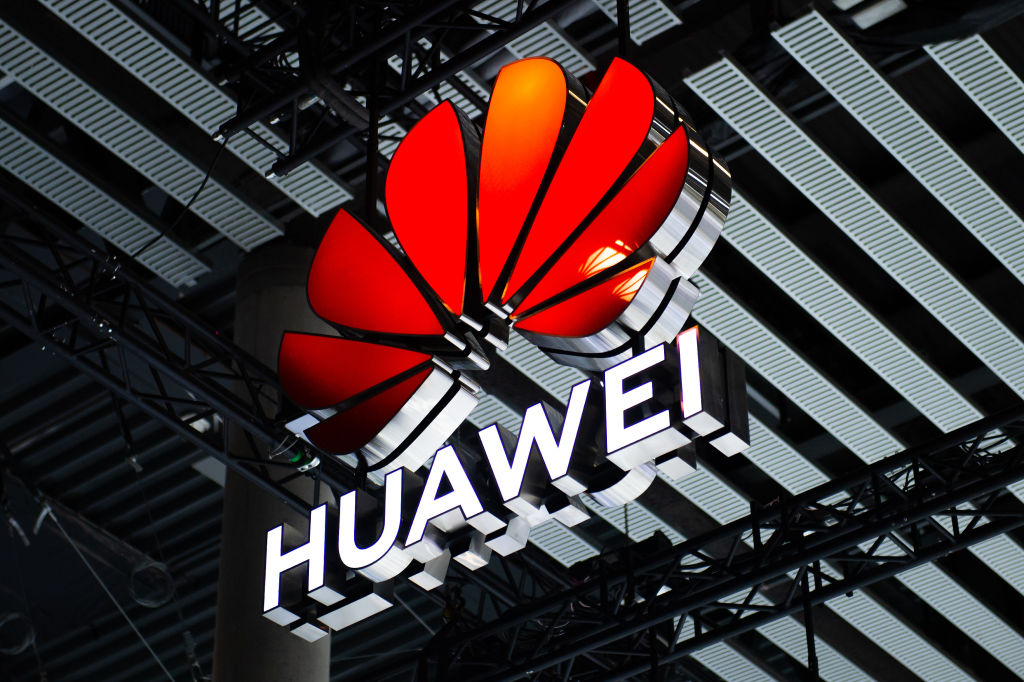
The Portuguese government has announced its decision to maintain the ban on the use of Chinese equipment in 5G networks, continuing the stance set by the previous administration. Infrastructure Minister Miguel Pinto Luz confirmed this position, emphasizing the need for security continuity, despite the significant projected costs associated with the decision. Portugal’s firm approach aligns more with U.S. policy than with the more lenient stances of some European countries.
The ban, originally imposed in May 2023 by the previous Socialist government, was enacted by Portugal’s CSSC cybersecurity board. It covers both 5G networks and the underlying 4G infrastructure. This move notably blocked Chinese tech giant Huawei from entering the Portuguese 5G market, complicating existing contracts and sparking a legal challenge from Huawei in September.
Minister Pinto Luz defended the strict policy, stating the growing geopolitical tensions between global powers have made it essential to protect critical infrastructure from potential security risks. While Europe and the U.S. have raised concerns over Chinese involvement in key infrastructure, Beijing and Huawei have rejected these accusations.
Portugal’s major telecom operators—Altice, NOS, and Vodafone—have already confirmed they will not use Huawei’s technology in their 5G core networks. However, these companies will still need to phase out existing Chinese equipment across their broader infrastructure. A study conducted by consultants EY, commissioned by Huawei, estimates that the total economic impact of the ban could exceed €1 billion, including €339 million in equipment replacement costs.
Despite these figures, the minister downplayed the financial concerns, assuring that telecom operators would have ample time to replace the technology. Pinto Luz also stressed the importance of making Portugal’s telecom system “less permeable” to potential threats, reinforcing the government’s firm stance on national security.
Featured Image courtesy of Tech Times
Follow us for more updates on Portugal’s 5G policy developments.
